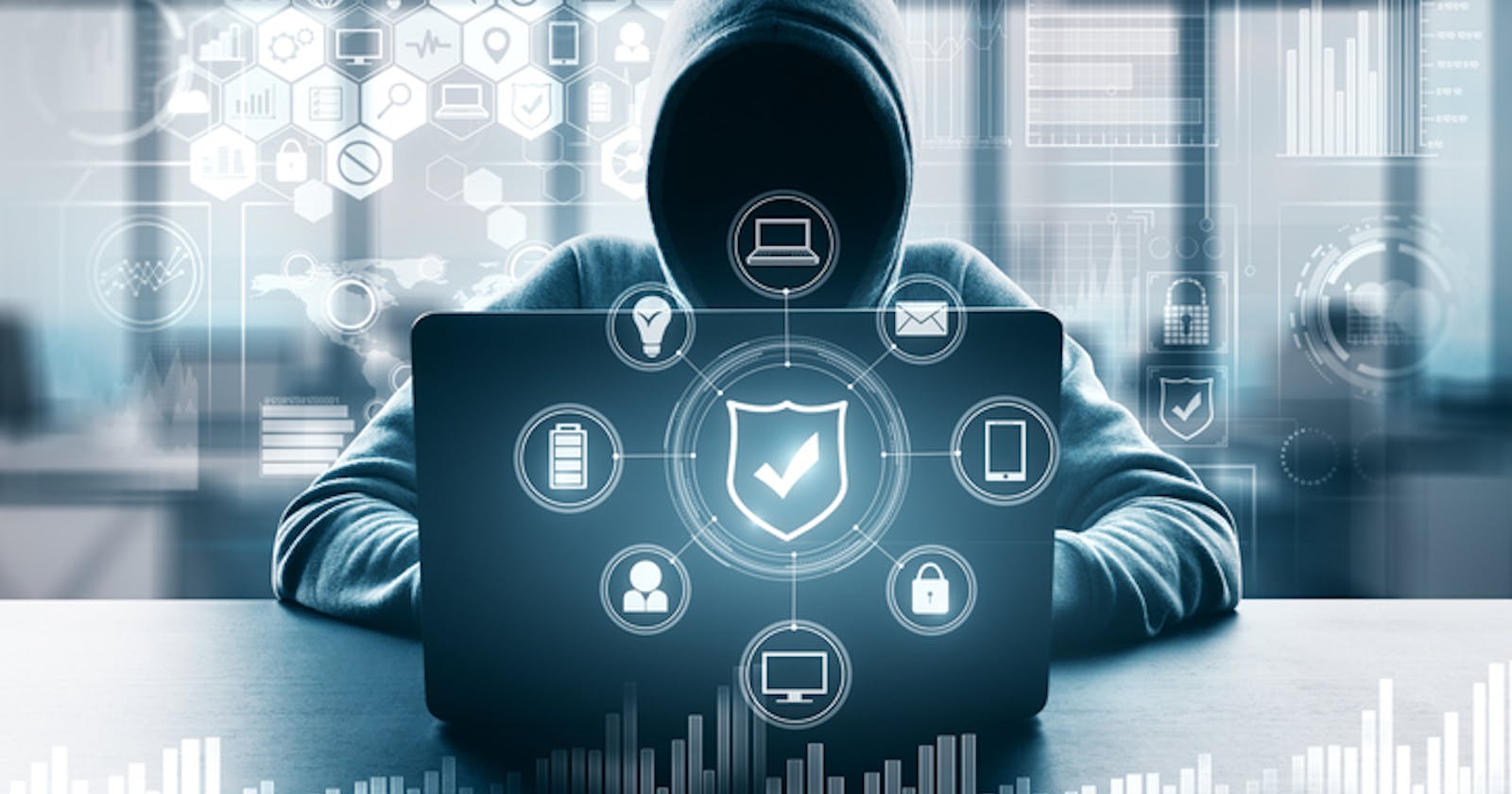Importance of Cybersecurity in the Age of Remote Work
Cybersecurity awareness: Risks and Best practices
Introduction
The COVID-19 pandemic changed the way people worked, and one of the most significant changes was the rapid shift to remote work. As companies and employees adapted to this new normal, it was important to recognize the importance of cybersecurity. While remote work offers significant benefits for employees and employers, it also presents some risks that organizations need to consider.
In the age of remote work, companies and individuals face new cybersecurity challenges. These challenges include securing remote devices, securing remote access to company networks, and securing sensitive data that is being transmitted and stored.
What is CyberSecurity?
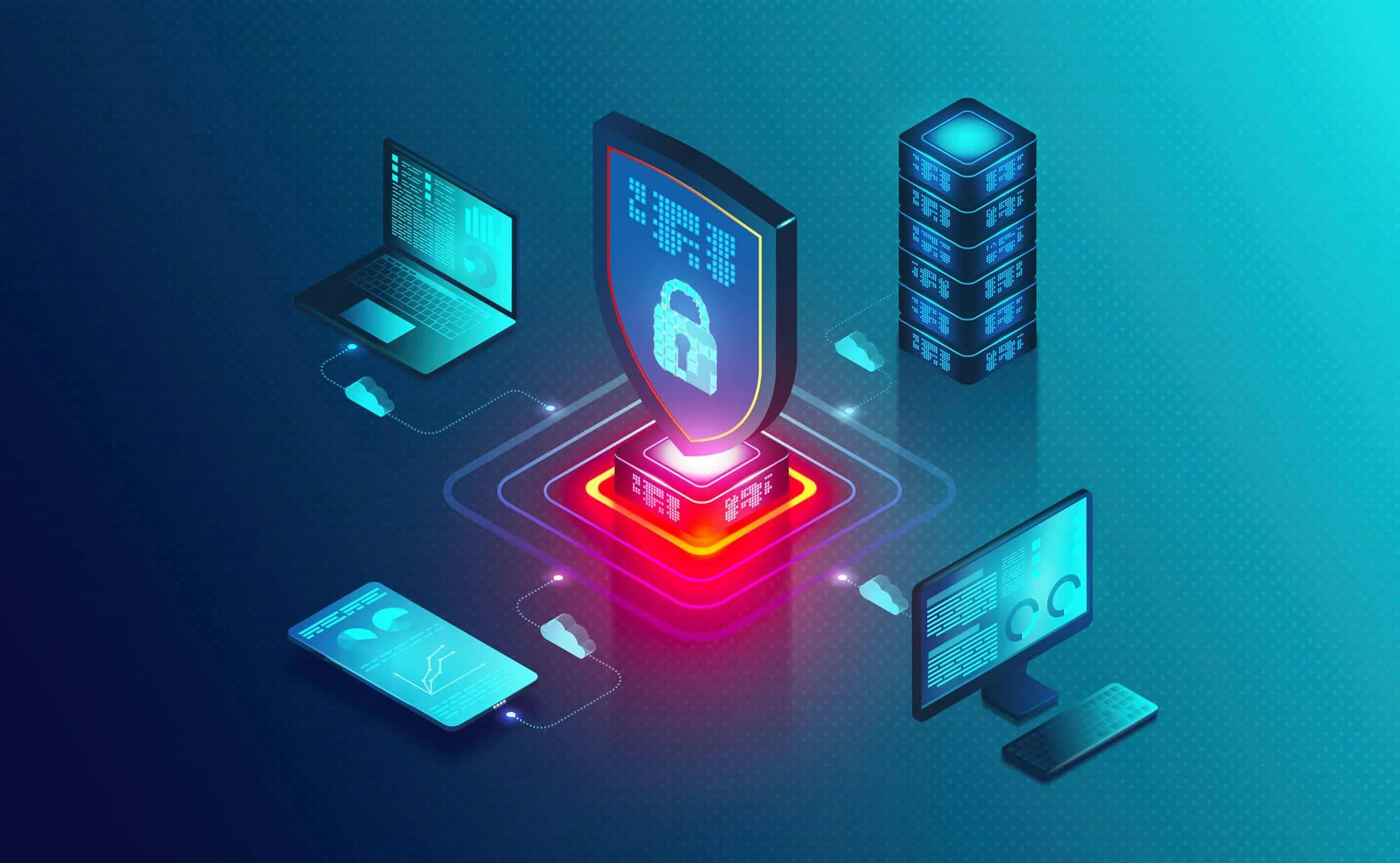
Cybersecurity is how individuals and organizations reduce the risk of any possible cyber attack.
Its core function is to protect the devices we all use (smartphones, laptops, tablets, and computers) and the services we access from theft or damage.
It also prevents unauthorized access to the huge amounts of personal information we store on these devices and online.
Why is it important?
Cybersecurity is important because smartphones, computers, and the internet are now such fundamental parts of modern life that it's difficult to imagine how we would function without them. From online banking and shopping, to email and social media, it's more important than ever to take measures that can prevent cyber criminals from getting a hold of our accounts, information, and devices.
Here are a few reasons why cybersecurity is more important than ever in the age of remote work:
Risks
Cybersecurity threats
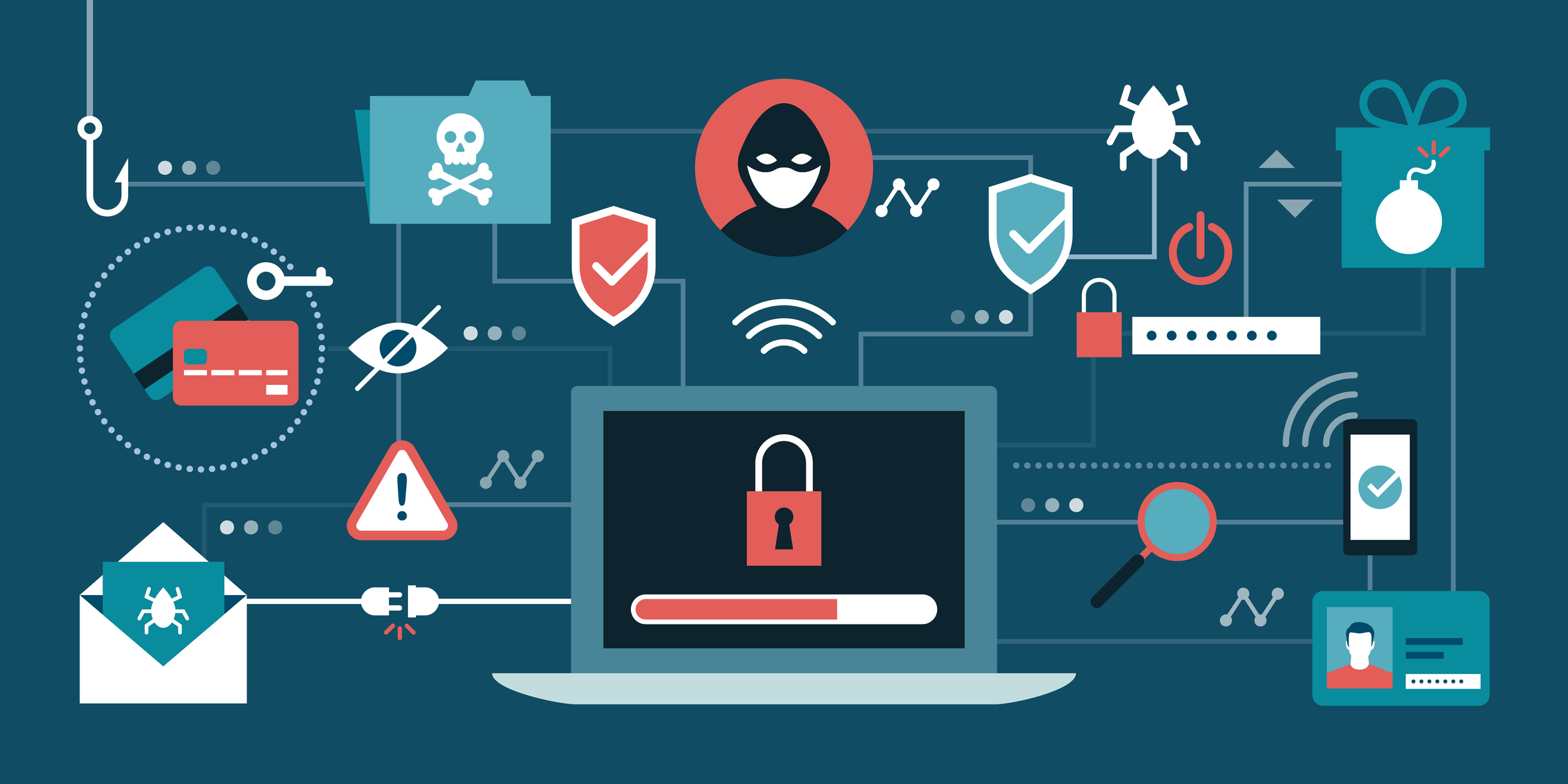
As remote work requires the use of personal devices and home networks, people are more vulnerable to cyber threats. The lack of strong authentication mechanisms and the use of unsecured public Wi-Fi networks can make an organization's sensitive data vulnerable to hacking and unauthorized access.
Poor communication and collaboration

Remote work can impact communication and collaboration among team members. This can also lead to isolation, which can negatively impact a person's mental health and productivity, especially if they are dependent on their co-workers’ physical interactions.
Difficulty in monitoring staff

Companies may find it challenging to monitor remote employees' activities, leading to trust issues and decreased productivity. This can also result in difficulties in ensuring that remote employees adhere to company policies and procedures.
Emergencies

Emergencies such as power outages, natural disasters, or medical emergencies can significantly impact remote workers. This can result in the disruption of work activities, leading to delays in projected timelines for work completion.
Challenges around work-life balance

Remote work can blur the line between work and personal life, leading to stress and burnout. People may find it difficult to disconnect from work when they are working in their homes, creating significant challenges around maintaining a healthy work-life balance.
Best Practices
Educating workers
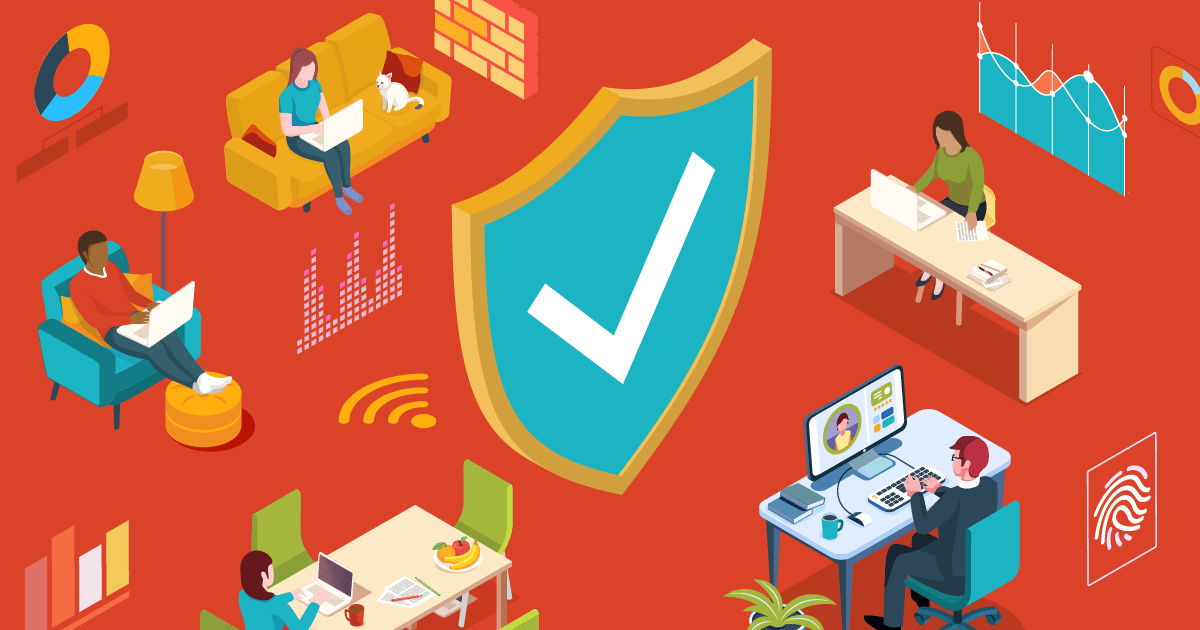
People must understand and learn how to create a secure remote work environment. Training programs should cover password management, phishing awareness, safe browsing, and data handling best practices.
Using a virtual private network (VPN)
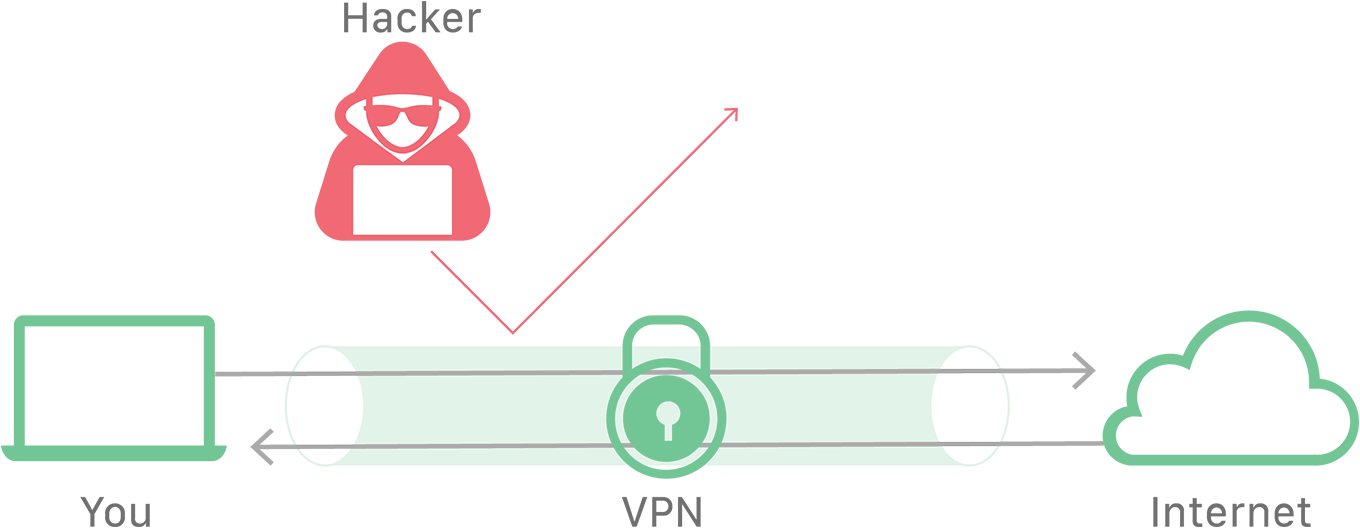
A VPN creates a secure, encrypted channel between a remote worker's device and the company's network. It helps prevent unauthorized access to data, making it an essential tool for a remote worker.
Ensuring endpoint security
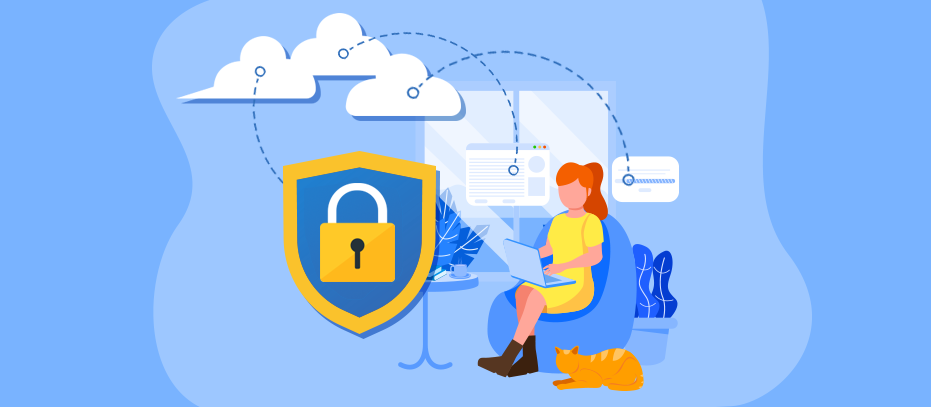
Endpoint security solutions, including anti-virus and anti-malware software, must be installed on every endpoint device that is used for remote work. Patching and software updates must also be up-to-date and always under continuous daily maintenance.
Enforcing strict access management

Access to company databases and resources should be strictly managed, with most employees being limited to accessing what they need to perform their work. Also, access to personal details should not be shared with remote workers.
Securing remote desktop access
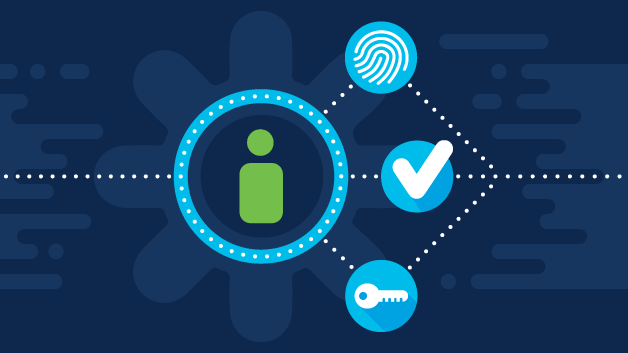
Remote desktop services must be securely accessed. Two-factor authentication, Risk-based authentication, and password enforcement should be implemented to ensure data protection. This sets up a 2-way system of accessing information by first logging in with the user’s password then it generates a unique secure 1-time access code which changes with each login attempt.
Using cloud-based data storage solutions
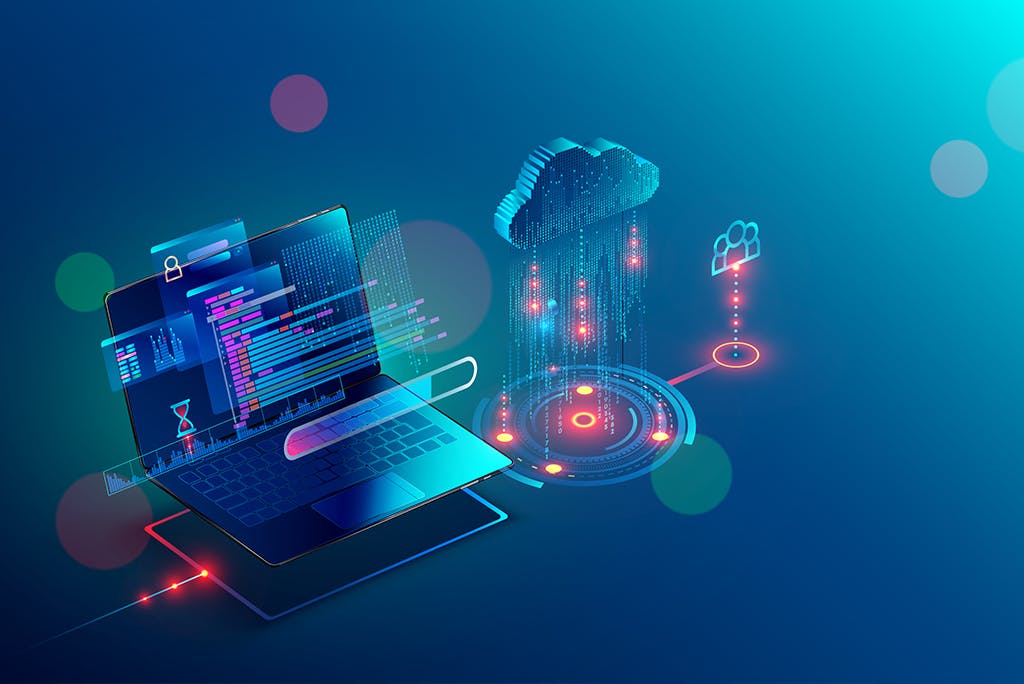
Cloud-based storage solutions offer the best security for remote workers. Such services encrypt data and offer control over who can access or share the data. This creates a secure way which ensures that only an authorized person can have access to the said information.
Encouraging incident reporting

Employees need to feel safe to report any security incidents as soon as they observe them. All employees must feel comfortable reporting any suspicious or concerning activities to management without fearing any negative repercussions.
Regularly reviewing policies and procedures
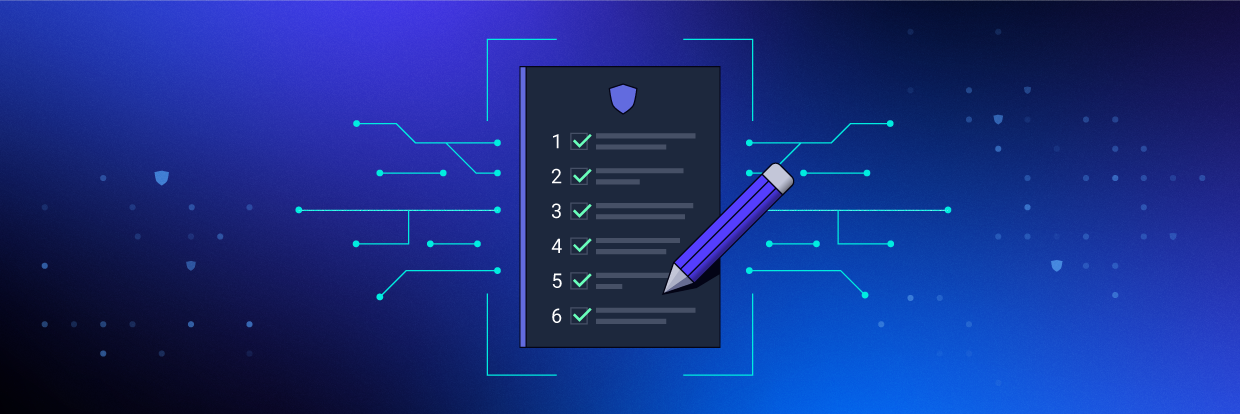
Organizations should periodically review their security policies and procedures regularly or as per regulatory compliance. This will help in keeping their policies up to date and incorporate best practices and updates for remote work.
The Future of Cybersecurity in Remote Work
As we look to the future, it is clear that remote work will remain an essential part of work. And will continue to grow and evolve, making it necessary to consider what measures or trends will shape the future of cybersecurity in remote work:
Increased Demand for Secure Remote Access Technologies

With remote work emerging as the new normal, cybersecurity is becoming a priority. Organizations are likely to prioritize secure remote access technologies and solutions to protect their data and systems.
Artificial Intelligence and Machine Learning
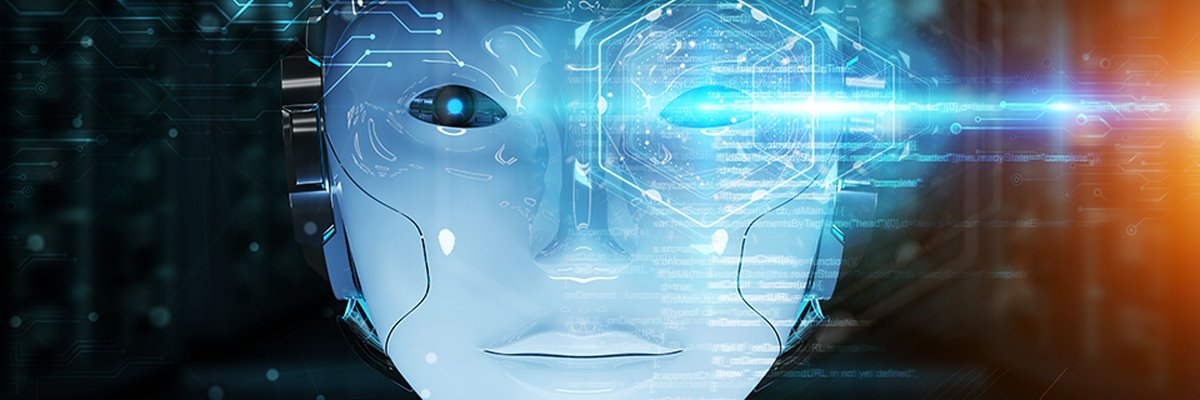
Cybersecurity threats and attacks are continually evolving along with technology. As such, the use of Artificial Intelligence (AI) and Machine Learning (ML) algorithms, is increasingly important in the detection and prevention of cybersecurity threats.
Compliance and Privacy regulations

Given the risks and potential implications for personal data, group policies, and industry regulations around privacy compliance are continually changing. Organizations should keep up to date with these regulations to comply with Privacy laws and prevent disciplinary actions.
Emerging technologies

Newer technologies such as quantum computing, blockchain, and IoT (Internet of Things) pose unique risks for remote work environments. Companies must be aware of the possible risks and develop ways to minimize and eliminate emerging technology risks.
Increased Collaboration

Collaboration apps and activity-tracking applications are on the rise, making it necessary to define best practices for these systems to help prevent data breaches or HIPAA violations.
HIPAA violation is a criminal violation where a covered entity, business associate, or a member of the workforce wrongfully and knowingly accesses, obtains, or shares Protected Health Information without authorization for a purpose that is prohibited by the Social Security Act.
Adopting Zero Trust Framework
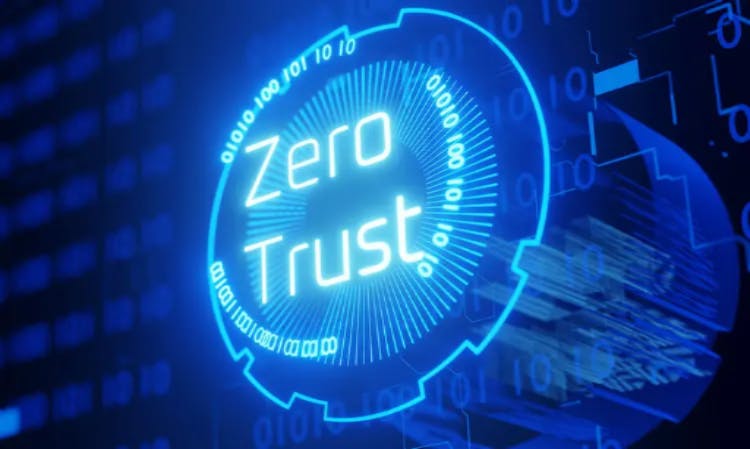
Adopting a zero-trust framework will become increasingly important for remote work. Zero trust involves ensuring users' and devices' identities are verified before allowing them access to resources or data, regardless of location or network access.
User Privilege Management
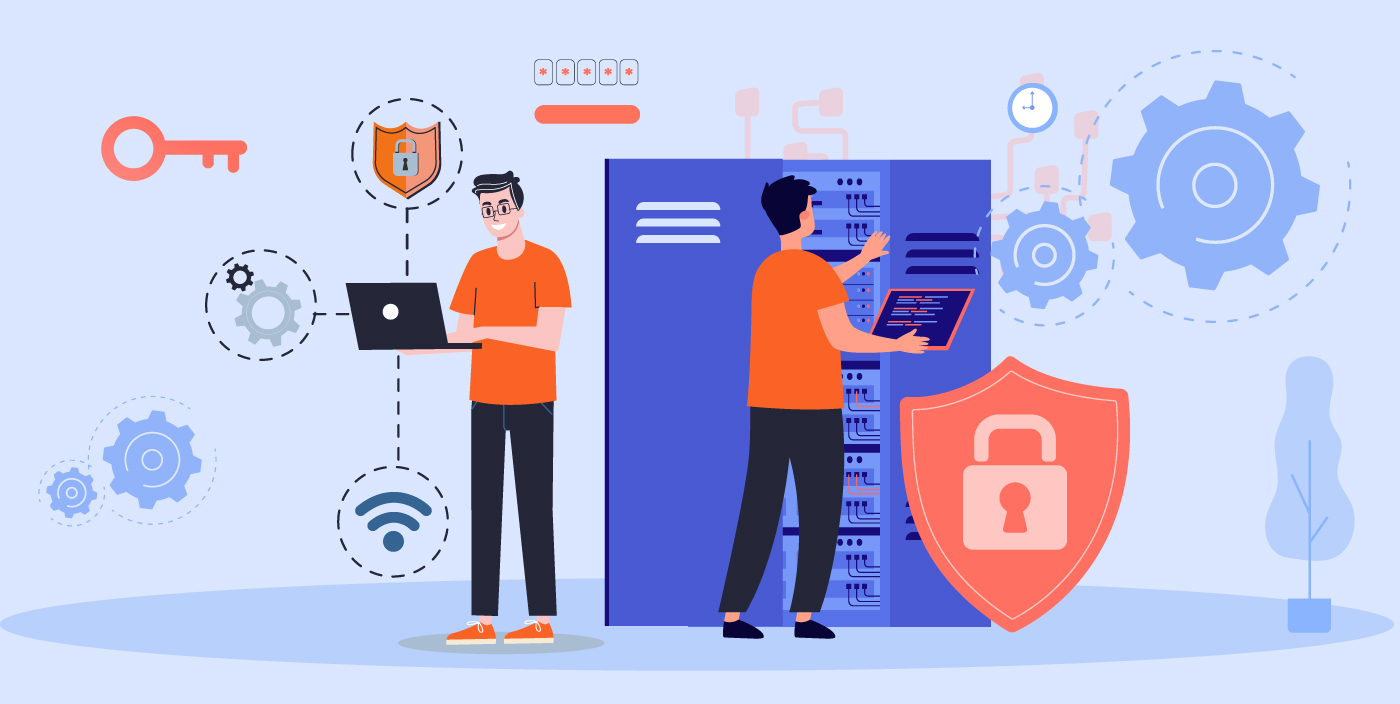
Access controls and user privilege management practices will become essential to preventing data breaches for remote access services. This is a strategy for exerting control over the elevated access and permissions for users, accounts, processes, and systems across an IT environment.
Conclusion
To sum it up, the rise of remote work made cybersecurity more critical than ever to combat cyber threats. It is important to educate people on cybersecurity best practices and to have the right security measures in place to secure remote work environments. Failure to do so can result in severe consequences, both for individual employees and the company as a whole.
It is important to recognize the potential risks and challenges as companies should consider implementing strategies that will improve remote working. Doing so will ensure that remote work remains productive, safe and healthy.
The future of remote work cybersecurity is continually evolving, and it’s important to keep an eye on the emerging cybersecurity trends to combat security challenges. Monitoring and implementing robust security policies, processes and keeping up with ethical guidelines, and promoting continuity awareness training across the organization.
